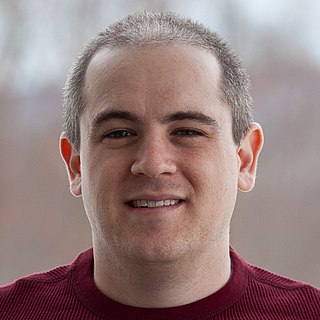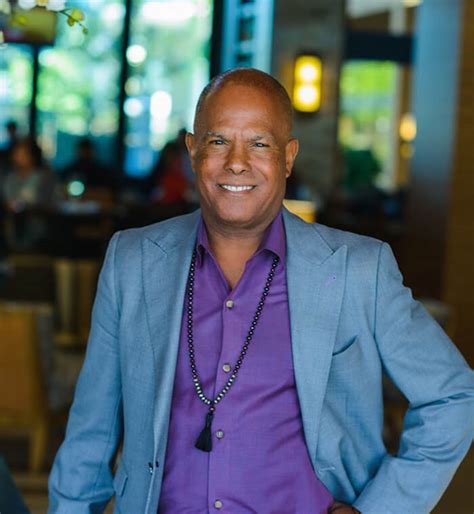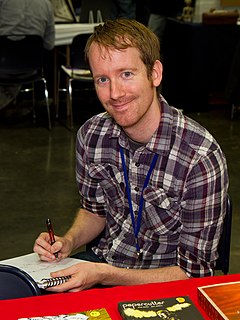A Quote by Neil deGrasse Tyson
Part of what it is to be scientifically-literate is how you think about information that's presented in front of you. I think that's the great challenge. You have people who believe they do know how to think about the information, but don't, and they're in the position of power and legislation. You can't base a society on non-objectively verifiable truth. Otherwise, it's a fantasy land and science is the pathway to those emerging truths that are hard-earned and that some have taken decades, if not centuries, to emerge from experiments all around the world.
Quote Topics
About
Around
Around The World
Base
Believe
Centuries
Challenge
Decades
Earned
Emerge
Emerging
Experiments
Fantasy
Front
Great
Hard
How
Information
Know
Know How
Land
Legislation
Literate
Otherwise
Part
Pathway
People
Position
Position Of Power
Power
Presented
Science
Society
Some
Taken
Think
Those
Truth
Truths
World
Related Quotes
Just providing information about how bad things are, or the statistics and data on incarceration by themselves, does lead to more depression and resignation and is not empowering. The information has to be presented in a way that's linked to the piece about encouraging students to think critically and creatively about how they might respond to injustice, and how young people have responded to injustice in the past.
Thanks is part to our education system, we tend to think that we're smarter than the stupid guys in funny wigs who came before us. But that's because we are mistaking technology, progress, and access to information for intelligence. We think that because we know how to use iPhones (but not build them), browse the Internet (but not understand how it works), and use Google (but not really know anything), our educational system is working just great. By the same token, we think that those dumb aristocrats who used horses to get around and didn't have electricity were neanderthals.
We became Homo sapiens not that long ago, from the scientific perspective, and we've retained a lot of our beast nature. We've done all these amazing things in terms of our knowledge base and technology, and now we're flying around and using the internet. But we're still very animalistic. So, I think about hierarchies. I think about evolution. I think about how we stack up, how we sit on top of each other. How we pray that we know what we're up to.
I think that's a challenge as believers - how do you demonstrate the gospel? How do you do that? I mean it's easy to talk about it and say 'Oh this is what we are supposed to be doing' and this is the relevance. But how do you do that with your hands instead of your mouth? How do you do it every day, instead of just onstage, how is it enacted? And I feel like that is one of the ways that we can show what we believe, by how we treat people around the world.
The thing about education - and why I'm so passionate about the position and status of the university - is that it's supposed to teach citizens how to think better, how to think critically, how to tell truth from falsehood, how to make a judgment about when they're being lied to and duped and when they're not, how to evaluate scientific teaching. Losing that training of citizens is an extremely dangerous road to go down.
A good part of 'The Information' is about the transition from an oral to a literary culture. Books effected such a great transformation in the way we think about the world, our history, our logic, mathematics, you name it. I think we would be greatly diminished as a people and as a culture if the book became obsolete.
I believe that you're great, that there's something magnificent about you. Regardless of what has happened to you in your life, regardless of how young or how old you think you might be, the moment you begin to think properly, this something that is within you, this power within you that's greater than the world, it will begin to emerge. It will take over your life. It will feed you, it will clothe you, it will guide you, protect you, direct you, sustain your very existence. If you let it! Now that is what I know, for sure.
I know "accessibility" is a term that's kind of thrown around wantonly today, especially with talking about visual media. But I think that the strength of comics [is how they] really allow you to transcend those last barriers between a reader absorbing the information of an experience, and a reader being able to project themselves into the [experience of the] people about whom they're reading.




































